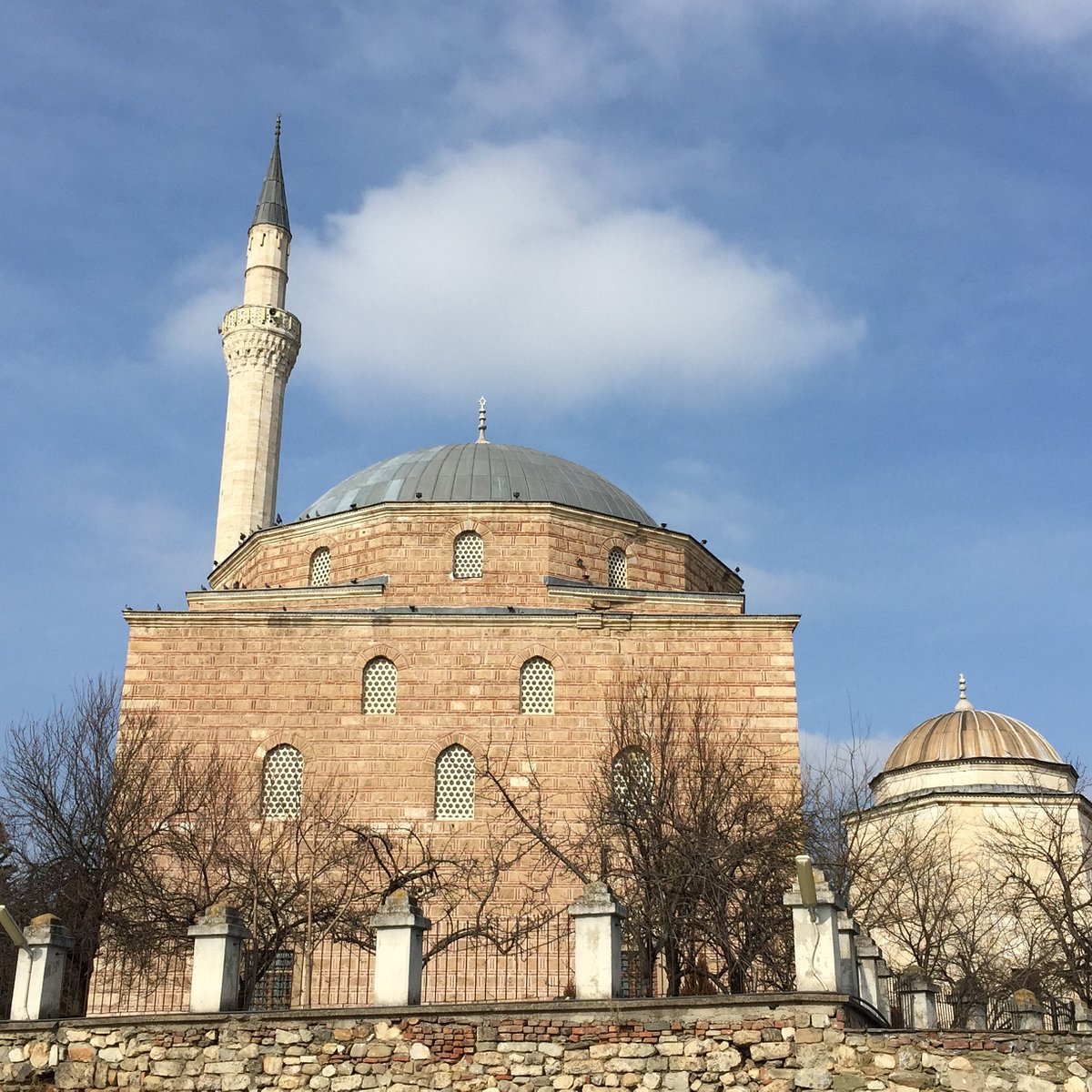Competing Claims to Macedonian Identity
According to the Greek nationalist position on the Macedonian Question, because Alexander the Great and the ancient Macedonians were Greeks, and because ancient and modern Greece are bound in an unbroken line of racial and cultural continuity, it is only Greeks who have the right to identify themselves as Macedonians, not the Slavs of southern Yugoslavia, who settled in Macedonia in the sixth century AD and who until 1944 called themselves "Bulgarians." Greeks, therefore, generally refer to Macedonians as "Skopians," after Skopje, the capital of the Republic of Macedonia, a practice which would be comparable to calling Greeks "Athenians."
The negation of Macedonian identity in Greek nationalist ideology focuses on three main points: the existence of a Macedonian nation, a Macedonian language, and a Macedonian language, and a Macedonian minority in Greece. From the Greek nationalist perspective, there cannot be a Macedonian nation since there has never been an independent Macedonian state. The Macedonian nation is an "artificial creation," an "invention" of Tito, who "baptized" a "mosaic of nationalities" with the Greek name "Macedonians."
Similarly, Greek nationalists argue that because the language spoken by the ancient Macedonians was Greek, the Slavic language spoken by the "Skopians" cannot be called "the Macedonian language." Greek sources generally refer to it as "the linguistic idiom of Skopje" and describe it as a corrupt and impoverished dialect of Bulgarian. Finally, the Greek government denies the existence of a Macedonian minority in northern Greece, claiming that there exists only a small group of "Slavophone Hellenes" or "bilingual Greeks," who speak Greek and "a local Slavic dialect" but have a "Greek national consciousness."
From the Greek nationalist perspective, then, the use of the name "Macedonian" by the "Slavs of Skopje" constitutes a "felony," an "act of plagiarism" against the Greek people. By calling themselves "Macedonians," the Slavs are "stealing" a Greek names; they are "embezzling" Greek cultural heritage and "falsifying" Greek history. As Evangelos Kofos, a Greek historian employed by the Greek Foreign Ministry, told a foreign reporter, "It is as if a robber came into my house and stole my most precious jewels - my history, my culture, my identity."
Macedonians, on the other hand, are committed to affirming their existence as unique people with a unique history, culture, and identity, and ot gaining recognition of this fact internationally. In asserting what they sometimes refer to as their "ethnospecificity," Macedonians insist they are not Serbs, Yugoslavs, Bulgarians, or Greeks. They also reject hyphenated names such as Yugoslav-Macedonians or Greek-Macedonians, claiming them to be "divisive labels" indicative of a "partition mentality" that needs to be overcome. There are no Slav-Macedonians, either, anymore than there are Slav-Russians or Slav-Poles. According to many Macedonians, Greeks and Bulgarians who live in Macedonia (whose nationality is Greek or Bulgarian) may identify themselves as "Macedonians," but in regional or geographical sense only.
Extreme Macedonian nationalists, who are concerned with demonstrating the continuity between ancient and modern Macedonians, deny that they are Slavs and claim to be the direct descendants of Alexander the Great and the ancient Macedonians. The more moderate Macedonian position, generally adopted by better educated Macedonians and publicly endorsed by Kiro Glogorov, the first president of the newly independent Republic of Macedonia, is that modern Macedonians have no relation to Alexander the Great, but are a Slavic people whose ancestors arrived in Macedonia in the sixth century AD. Proponents of both the extreme and the moderate Macedonian positions stress that the ancient Macedonians were a distinct non-Greek people.
In addition to affirming the existence of the Macedonian nation, Macedonians are concerned with affirming the existence of a unique Macedonian language as well. While acknowledging the similarities between Macedonian and other South Slavic languages, they point to the distinctions that set it apart as a separate language. They also emphasize that although standard literary Macedonian was only formally created and recognized in 1944, the Macedonian language has a history of over a thousand years, dating back to the Old Church Slavonic used by Sts. Cyril and Methodius in the ninth century.
Although all Macedonians agree that Macedonian minorities exist in Bulgaria and Greece and that these minorities have been subjected to harsh policies of forced assimilation, there are two different positions with regard to what their future should be. The goal of more extreme Macedonian nationalists is to create a "free, united, and independent Macedonia" by "liberating" the parts of Macedonia "temporarily occupied" by Bulgaria and Greece. More moderate Macedonian nationalists recognize the inviolability of the Bulgarian and Greek borders and explicitly renounce any territorial claims against the two countries. They do, however, demand that Bulgaria and Greece recognize the existence of Macedonian minorities in their countries and grant them the basic human rights they deserve.
 was für ein griechisches Makedonien Greco Ägypter? Das okkupierte Makedonien ist von euch besetzt und okkupiert aber es gehört nicht euch Greco Foristen.
was für ein griechisches Makedonien Greco Ägypter? Das okkupierte Makedonien ist von euch besetzt und okkupiert aber es gehört nicht euch Greco Foristen.
